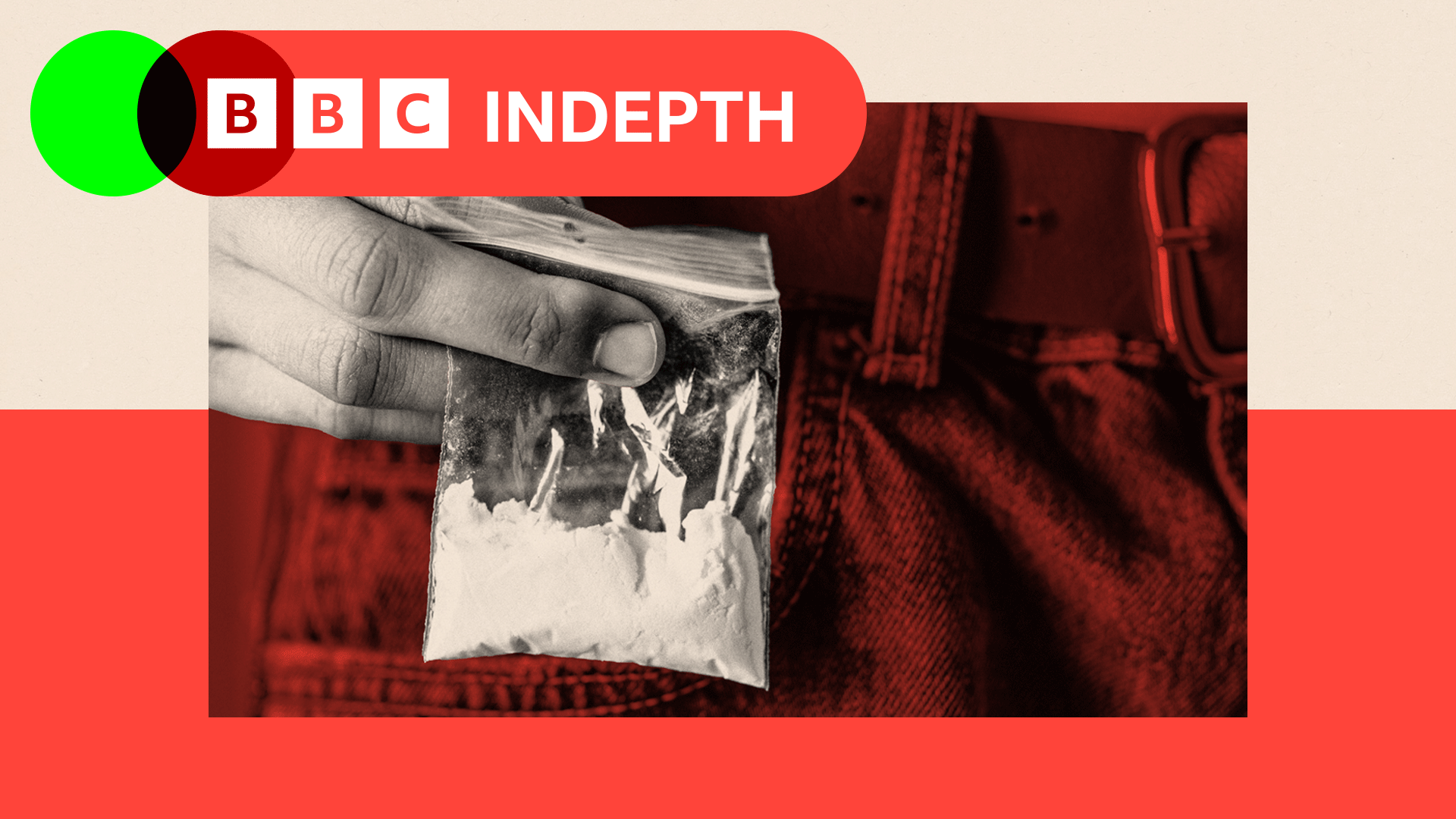'Ketamine needs to be a Class A drug'
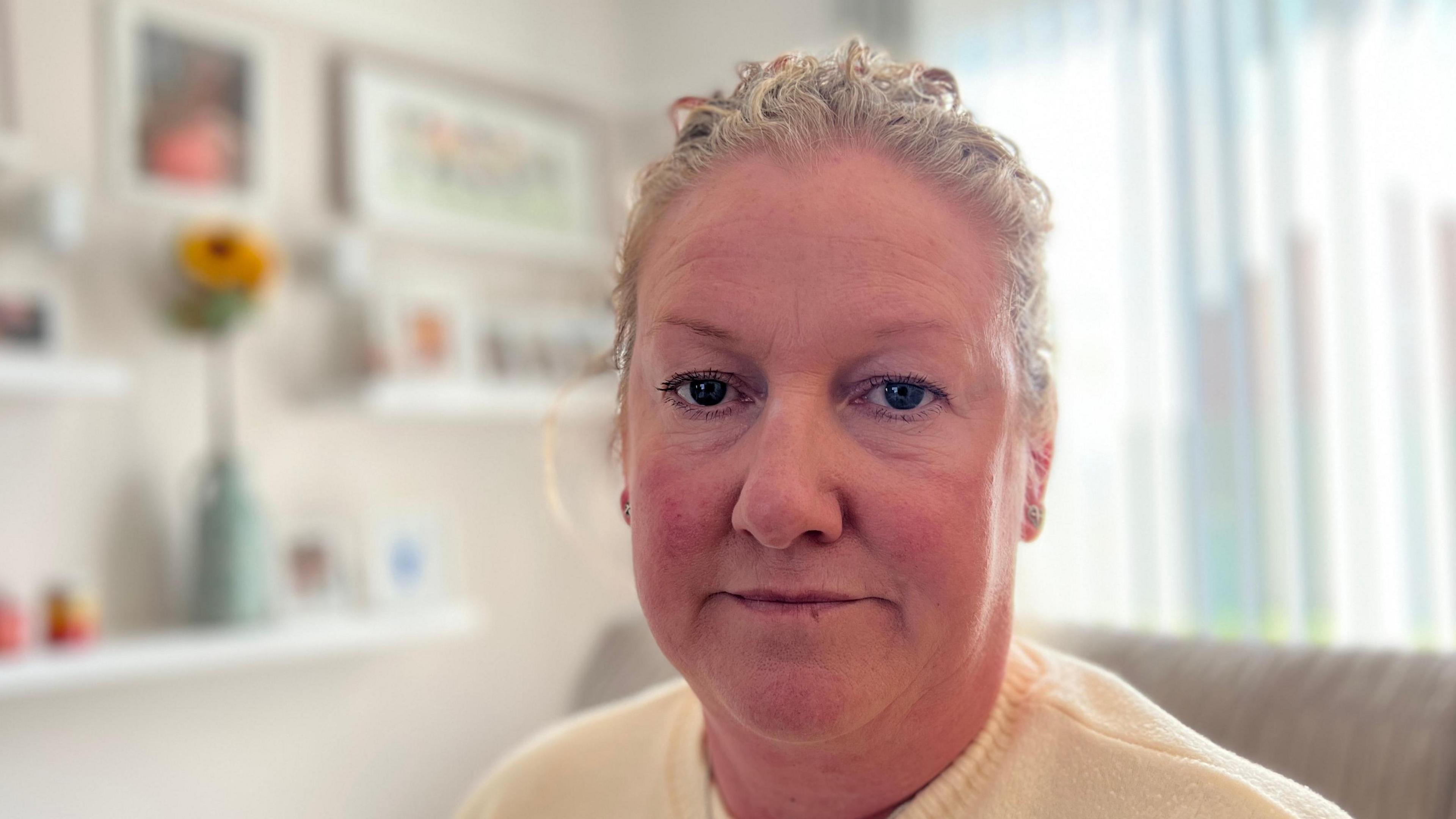
Tracy Marelli's daughter died a year ago following a ketamine addiction
- Published
Warning: some may find an image in this article distressing
"I feel like I'm going to die, but I don't want to."
The desperate words of Tracy Marelli's daughter Sophie Russell are still etched in her mind.
Sophie was two years deep into a ketamine addiction before she died in September 2024.
Tracy, from Lincoln, is campaigning for the substance to be reclassified as a Class A drug and has met with the government to drive change.
"I had a beautiful daughter," Tracy says.
In her living room, shelves are filled with tributes to Sophie - a framed school photograph, smiley holiday selfies and her ashes.
She says Sophie started using ketamine after the death of her grandmother.
Two years later, at the age of 20, she was found dead at her father's house after a cardiac arrest.
She had developed health issues, including with her bladder.
"She always knew what she wanted in life, but then she became very unknown as to what she was doing," Tracy says.
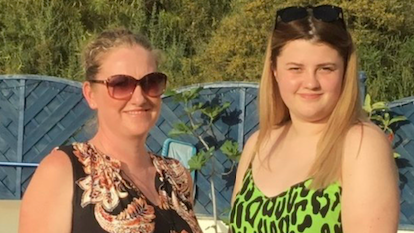
Tracy says Sophie started taking ketamine when she was 18 years old
Tracy says she believes there were warning signs a year before her daughter's death including brusing on her body and slurred speech.
Sophie also underwent dramatic weight loss.
"She was a good size 14," she says.
"Then, before she passed, she was a size six."
Tracy says ketamine completely changed her daughter's physical appearance and health.
"She looked like an old lady, bent over in pain, struggling to walk."
"She wanted to stop. She couldn't stop," she says.
"She begged me."
Tracy wanted to share the next photograph of Sophie to warn people about the dangers of the drug.

Tracy says her daughter suffered severe bladder issues after repeated ketamine misuse
Tracy says, one night, her daughter said: "I'm going to die from this and I don't want to."
It prompted Tracy to visit a support centre to ask for more help, with the hope of Sophie being sent into rehabilitation.
But Tracy says staff were unable to admit her as Sophie did not show "signs of wanting to help herself".
"We found her, passed away in her sleep at her dad's house," she says.
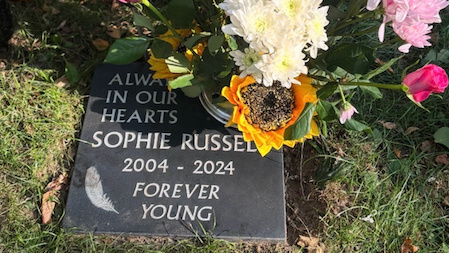
Sophie died in September 2024
Since Sophie's death, Tracy has become a campaigner, fighting to reclassify ketamine and to increase education.
Described by the NHS as an anaesthetic drug and commonly used by vets on animals, ketamine is currently classified as a Class B drug, external by the government.
Cannabis, codeine and amphetamines are also in the same category.
On Tuesday, Tracy met with Sarah Jones MP, minister for policing and crime, to push for reclassification of ketamine and more education on the dangers of the drug.
"I believe Sophie wouldn't have taken this drug if she knew it would've destroyed her body," she says.
Tracy says she is concerned about the prevalence and accessibility of the drug.
"Sophie couldn't get away from it," she says.
"She said it was everywhere and everyone takes it who was around her."

Tracy described her daughter Sophie as "beautiful"
The Home Office said the government had requested advice from the Advisory Council on the Misuse of Drugs including potential reclassification as a Class A drug.
A spokesperson said: "Ketamine is an extremely dangerous substance and the recent rise in its use is concerning."
They said the government would consider advice "carefully and quickly" once received.
Tracy says she believes a reclassification could save lives and could have saved the life of her daughter.
"She could have still been here," she says.
"I want to save other people's lives, young people's lives."
Listen to highlights from Lincolnshire on BBC Sounds, watch the latest episode of Look North or tell us about a story you think we should be covering here, external.
Download the BBC News app from the App Store, external for iPhone and iPad or Google Play, external for Android devices
- Published8 September
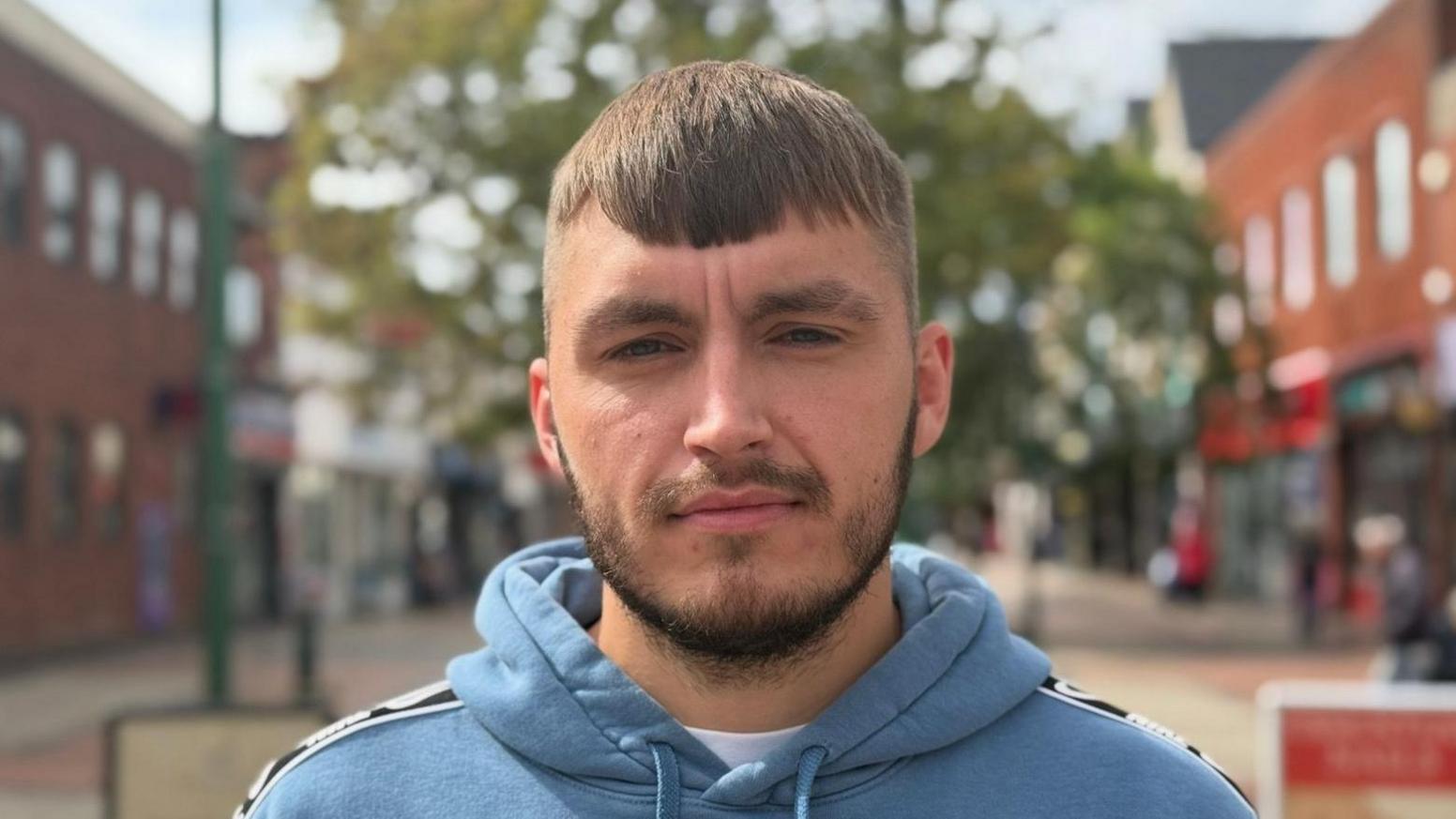
- Published7 January
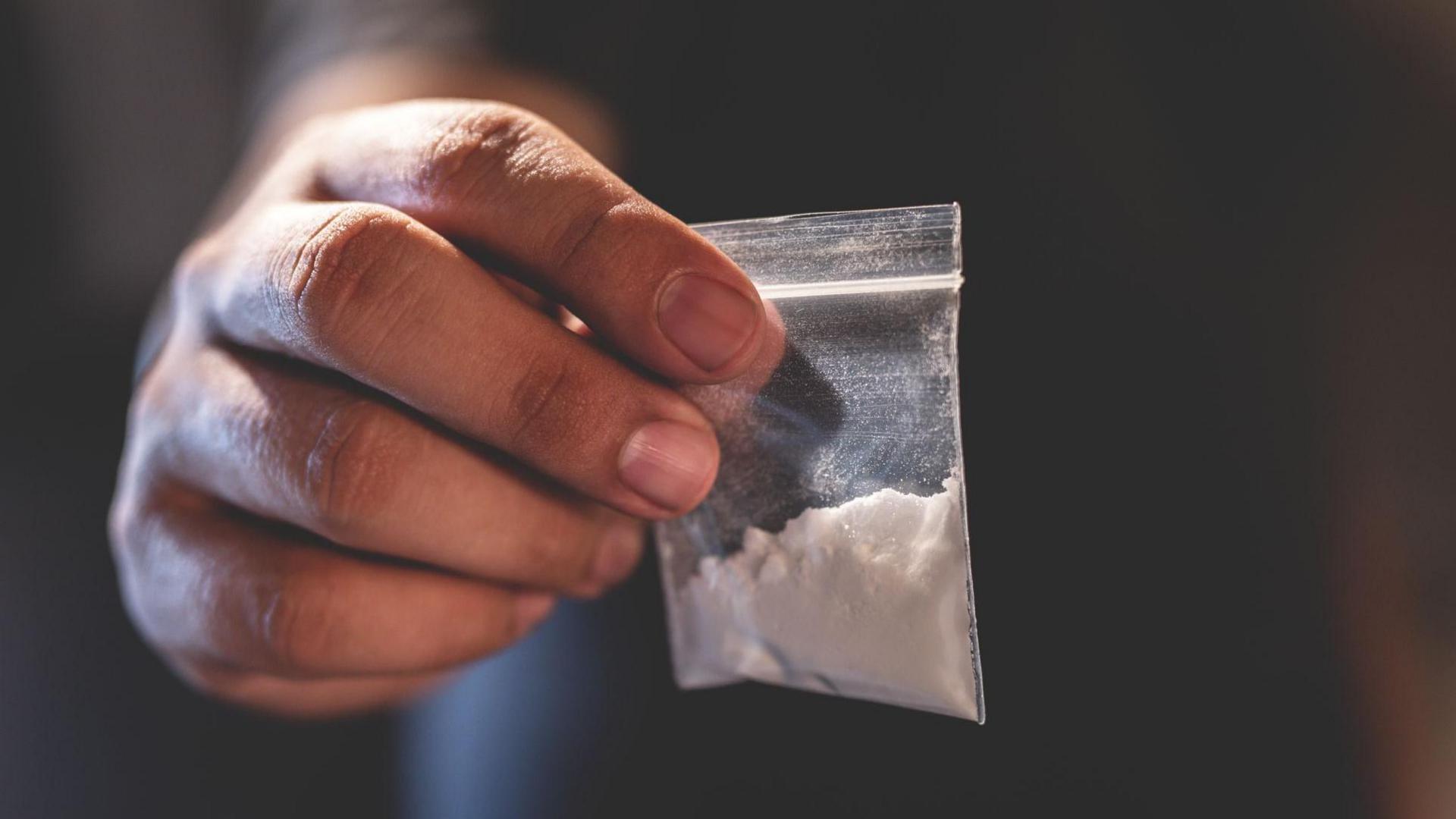
- Published25 February
